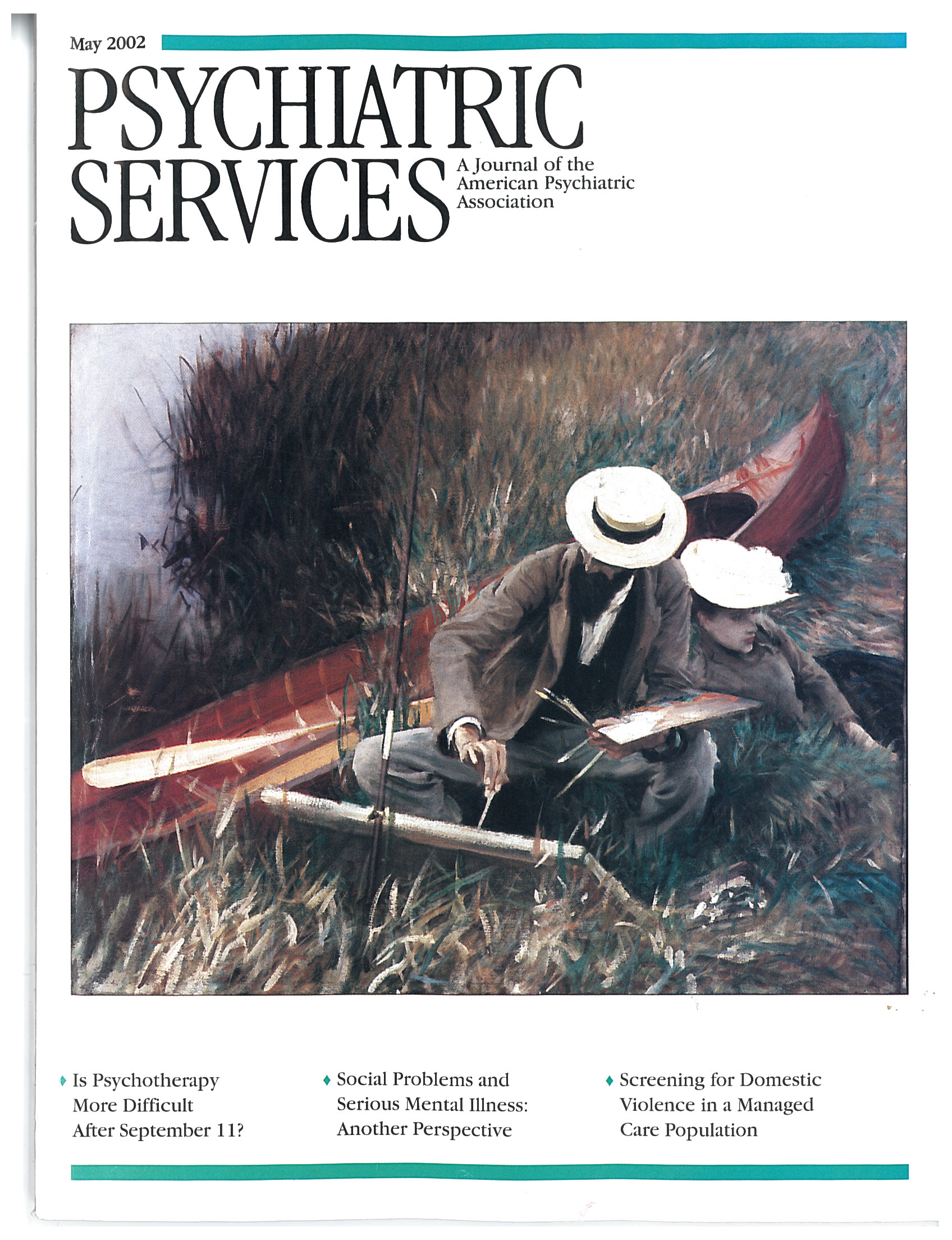Use of Antidepressants to Treat Depression in Bipolar Disorder
Abstract
For decades, clinicians and researchers did not distinguish between bipolar and unipolar depression. The safety and efficacy of antidepressants for the treatment of unipolar depression were studied, and the data were applied to the treatment of bipolar depression without validation. As evidence has accumulated that antidepressants may adversely affect the course of bipolar illness, more research has been focused on that problem. Current evidence suggests that although antidepressants are clearly effective in the acute treatment of type I and type II bipolar depression, they are also associated with a variety of adverse outcomes. They may induce a switch to mania or hypomania at a rate two or three times the spontaneous rate. Long-term use may destabilize the illness, leading to an increase in the number of both manic and depressed episodes; induce rapid cycling (at least four episodes a year); and increase the likelihood of a mixed state. Antidepressants should be used with caution in the treatment of bipolar depression.



